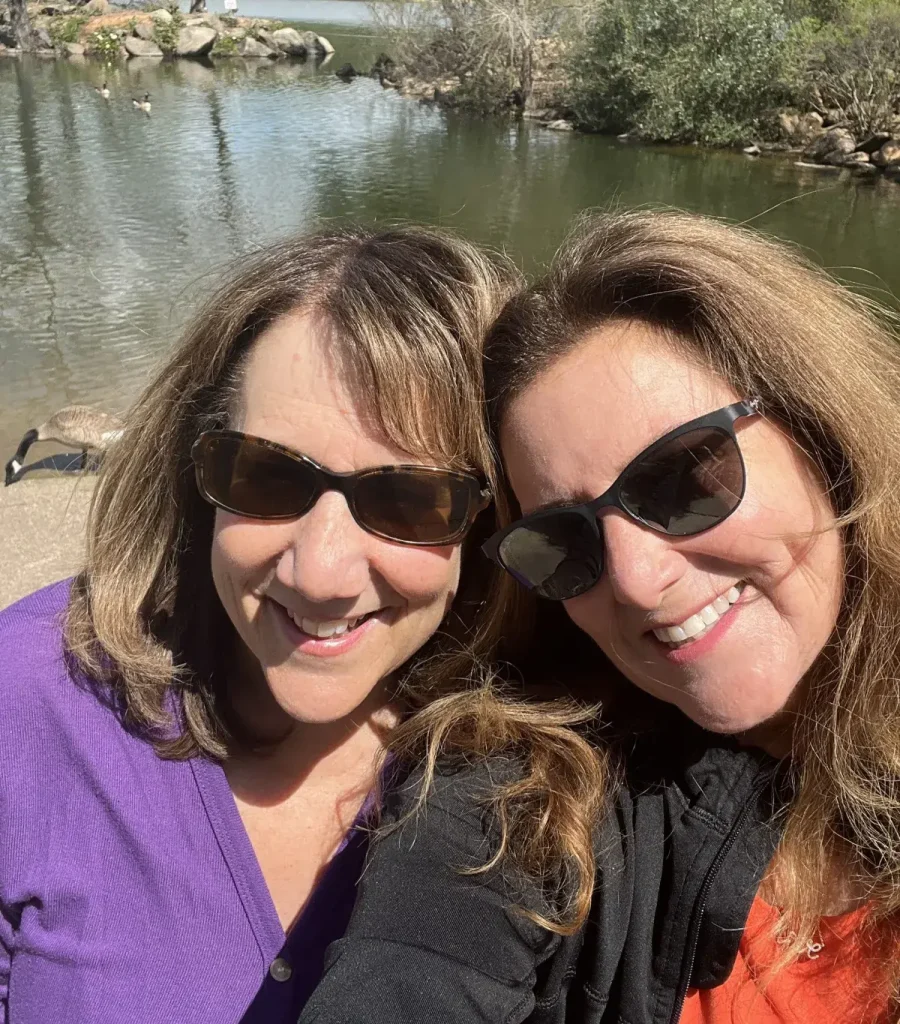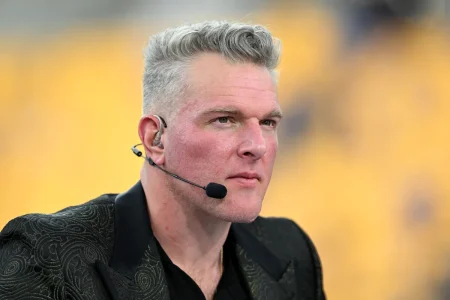From Uncertainty to Healing: My Journey Through Uterine Cancer Diagnosis and Treatment
When post-menopausal spotting led to a uterine cancer diagnosis, my world turned upside down. The news was devastating, but I felt a sense of relief when my oncology navigator quickly scheduled a hysterectomy to remove the cancerous cells. Amid my fear and stress, I had to navigate more than 40 emails from my HMO, complete five urgent pre-op tests, and arrange leave from my job as a writing teacher. The original plan was reassuring: a robotic-assisted laparoscopic procedure that would avoid a large abdominal incision and significantly reduce recovery time. Having a clear treatment path provided comfort in an otherwise terrifying situation. However, just four days before my scheduled surgery, everything changed when my surgeon requested an unexpected call—our sixth conversation in a month. During this call, she expressed concerns about the planned procedure, mentioning the possibility of tearing the extraction bag during surgery, which could potentially spread cancer cells to other organs. Her sudden hesitation and nervousness about performing the surgery as initially planned sent me into an emotional tailspin.
As a childhood abuse survivor with a high Adverse Childhood Experience (ACE) score, this medical crisis triggered deep-seated trauma. My therapists had always warned that my ACE scores put me at higher risk for serious diseases later in life—research confirms this connection between childhood trauma and adult health problems. In that moment of fear, I couldn’t help but wonder if my cancer diagnosis was somehow linked to my traumatic past. The surgeon was calling from a uterine cancer medical conference where, after discussions with colleagues, she had reconsidered her approach. She now believed a traditional abdominal incision would be safer than the minimally invasive laparoscopic procedure we had planned. While she left the decision to me, I felt utterly unprepared to make such a critical medical choice without proper knowledge.
The call left me confused, sad, and deeply uneasy. My sister Nancy, a podiatric surgeon who had been helping me navigate my cancer journey, was also on the call and shared my concerns. As a practicing Buddhist, I had been chanting for weeks, praying for the best possible treatment for my healing. I tried to reframe the situation positively—perhaps my surgeon’s vulnerability in expressing her concerns reflected the spiritual strength I’d been cultivating? Yet something felt wrong. The moment we hung up, Nancy suggested we check whether my surgeon was board-certified, something that had never occurred to me. The idea that my surgeon might not have this qualification shocked me, but when we checked online, we discovered she had only recently completed her residency and wasn’t yet board-certified.
Nancy explained that board certification, while voluntary, represents a gold standard in medical credentials. It typically requires doctors to complete medical school, finish residency, obtain state licensing, and pass rigorous specialty exams. Different certifying boards have varying requirements, but it generally involves documenting a substantial number of procedures in a doctor’s specialty—for instance, the American Board of Surgery requires candidates to have performed 850 operative procedures over five years. When I confronted my surgeon about this discovery, she candidly acknowledged her lack of board certification and immediately offered to have her mentor, who was fully board-certified, take over my case. Learning that this experienced surgeon was available on the same day as my scheduled procedure, I enthusiastically accepted the change.
Within days, I met with the new surgeon for a pre-operative consultation. His approach was strikingly different—confident and decisive. He explained that if I were his sister, he would recommend the open-wound operation as the safest method to remove the tumor with minimal risk of cancer cells spreading. His certainty was reassuring, and I agreed to proceed with his recommended approach. My decision proved beneficial; though he had prepared me for a three-night hospital stay, I was released the morning after surgery. The procedure and my recovery progressed remarkably well, exceeding expectations. While I’ll never know with certainty whether the operation would have gone equally smoothly with my first doctor, I’m grateful that I advocated for myself and asked the crucial questions that led to this change.
This experience taught me valuable lessons about patient advocacy and medical decision-making. I don’t fault my original surgeon for her relative inexperience—she was at an appropriate stage in her career progression. However, I’m thankful I discovered this information before my procedure. Sometimes, feeling confident and at ease with your medical team is just as important as their technical skills, especially when facing a life-threatening condition. As a survivor of childhood trauma now navigating cancer, I’ve learned that healing requires not just physical treatment but also emotional security and trust in those providing care. By speaking up and seeking clarity, I was able to make a choice that gave me peace of mind during one of the most challenging periods of my life. This journey has reinforced my belief in the importance of self-advocacy in healthcare, particularly for those of us carrying the weight of past trauma into our medical experiences.
![Standard Chartered Cuts Bitcoin and Ethereum Forecasts, Predicts Bottom by [Date] at $[Price]](https://commstrader.com/wp-content/uploads/2026/02/3f2a2e40b5435ea86ade84c25b7ee76c02e7fe3c-300x200.jpg)













